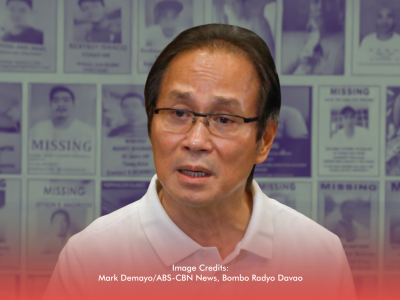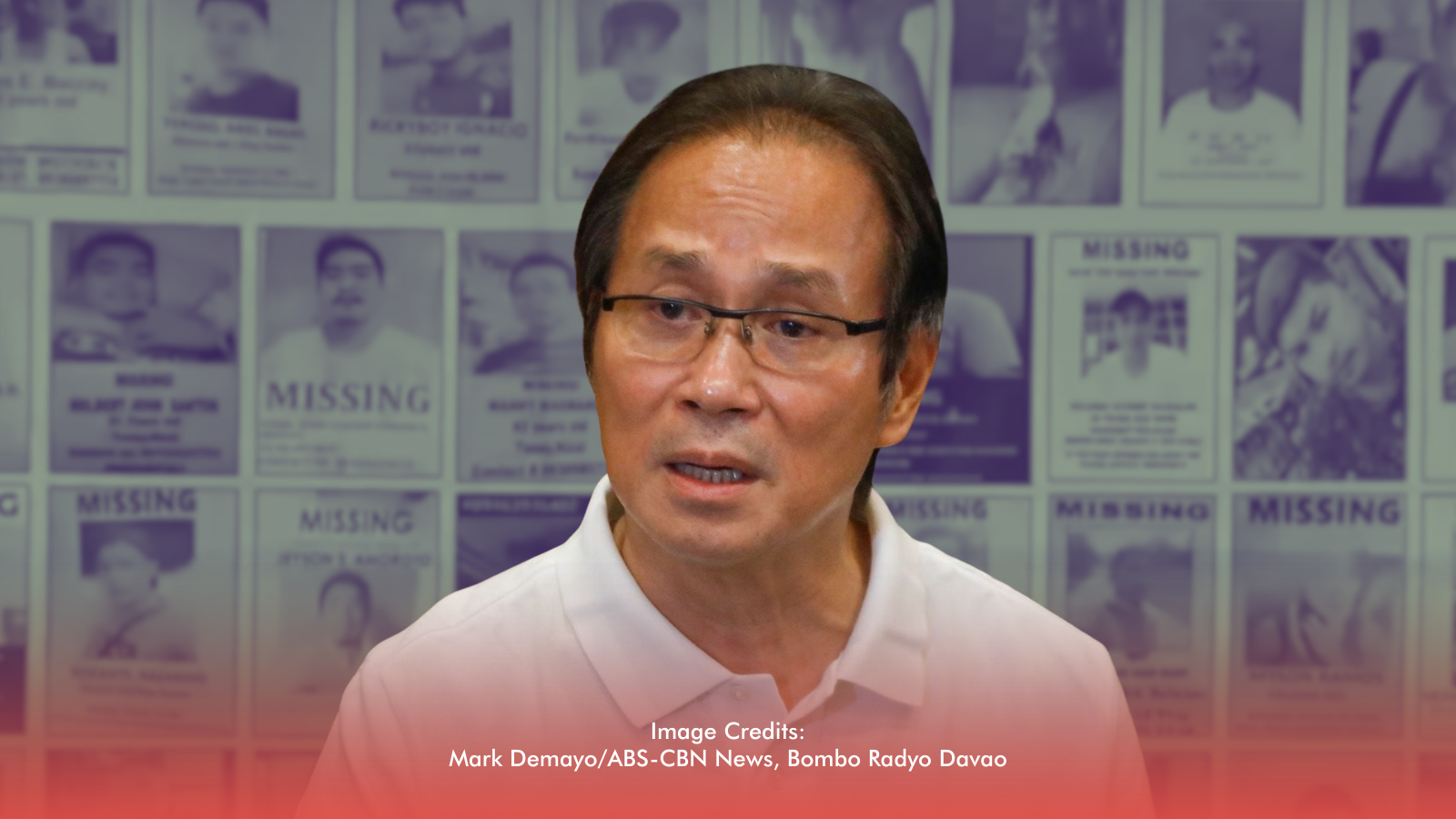President Ferdinand Marcos Jr. is pushing for improved implementation of his “zero billing” policy in all Department of Health (DOH)-run hospitals, ensuring that patients admitted to basic wards no longer need to pay out of pocket. The policy, announced in his last State of the Nation Address, is intended to make healthcare more accessible for Filipinos regardless of their financial status.
RELATED: [Zero Billing Now In Place At All 87 DOH Hospitals]
Inspections to Ensure Compliance
During his visit to the East Avenue Medical Center (EAMC) in Quezon City, Marcos checked on the progress of the program and reminded both hospital staff and patients of its coverage. The president has also inspected facilities in Tacloban and other regions to make sure the initiative is being properly implemented across the country.
Marcos said that his administration’s inspection efforts are meant to guarantee that hospital personnel and patients are fully aware of the guidelines.
“We continue with our inspection to ensure that our zero billing program is implemented first of all by all our hospitals, our staff, our doctors, our nurses, and that they understand what the program is and how to avail of the medical services,” the president stated.
He emphasized that patients and their families must also be informed of their entitlement to free medical care in basic wards. So far, the chief executive expressed optimism about its progress.
“I’m happy to be able to report that the zero billing program is proceeding well. Of course, in the beginning, we have to do an information drive, not just in the hospitals but also with the patients and I think we are succeeding,” Marcos noted.
Funding and Challenges Ahead
Health Secretary Teodoro Herbosa clarified that patients must be confined to the basic ward to qualify, while those choosing private rooms are excluded from the benefit. The program is jointly financed by the DOH, PhilHealth, the Medical Assistance to Indigent and Financially Incapacitated Patients (Maifip), the Philippine Charity Sweepstakes Office, and the Philippine Amusement and Gaming Corporation.
Herbosa also assured the public that resources are available to sustain the initiative, noting that the president increased the DOH’s operating budget by 15 percent. However, health workers have raised concerns about the added workload on hospitals without corresponding increases in staffing and support. The Alliance of Health Workers (AHW) warned that service quality could be affected if staffing shortages persist.
Program Continuity
Senator JV Ejercito has also called for a supplemental P74.4 billion subsidy for PhilHealth to ensure the continuity of the program under the Universal Health Care law. With growing demand and limited hospital capacity, the administration faces the challenge of balancing accessibility with sustainability.
The president reiterated that while early results are encouraging, improvements must continue. His administration plans to expand the coverage to include specialty hospitals and additional DOH facilities that will soon be operational.
In his remarks, Marcos stressed that the initiative is only the beginning of broader health reforms, ensuring every Filipino can seek medical care without fear of overwhelming hospital bills.
RELATED: [The Quiet Shake-Up In The DOH: What’s At Stake For Public Health Leadership?]








